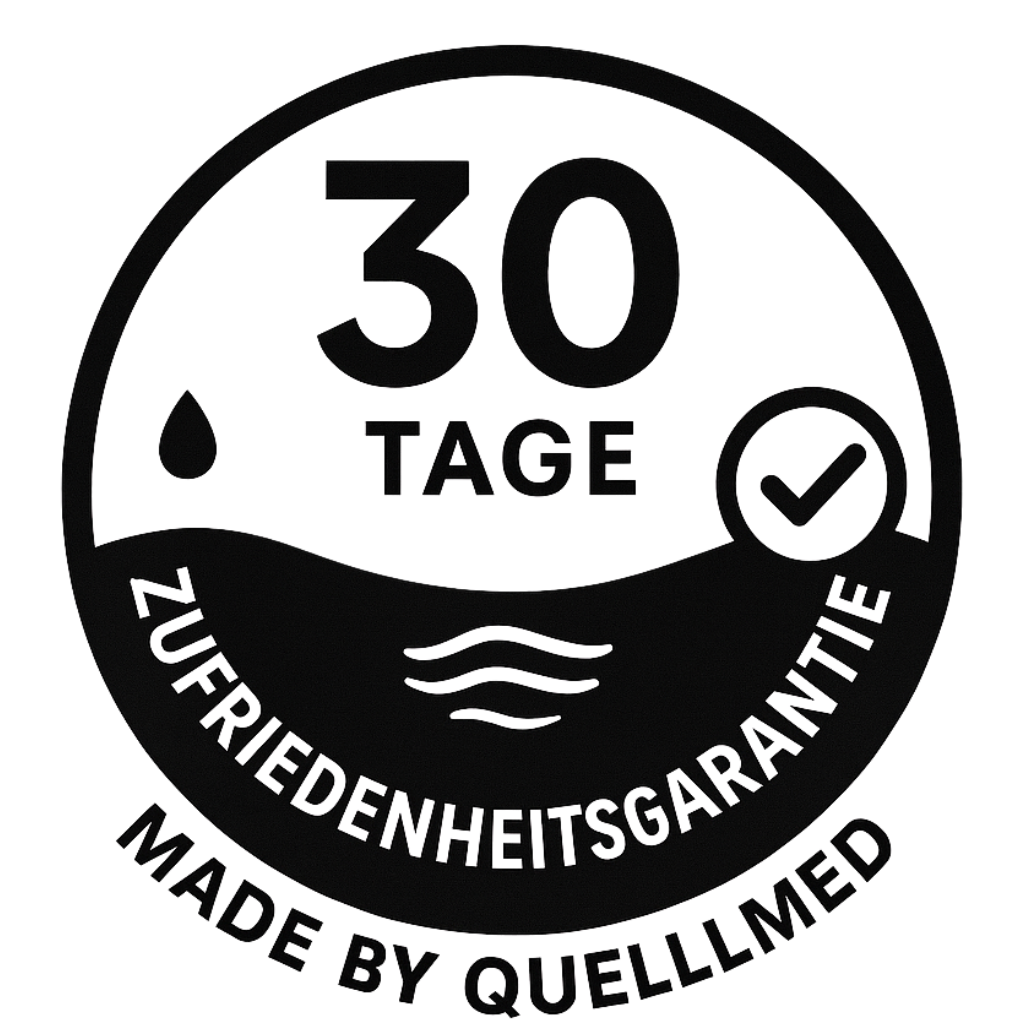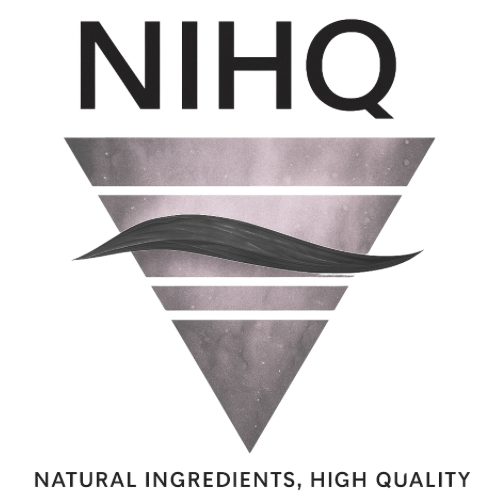
Healthy skin from within – Which nutrients really strengthen your sensitive skin
Share
Healthy skin starts from within: Nutrients for your skin barrier
Your skin is much more than just what you see in the mirror. It protects you, regulates temperature and moisture—and reacts to everything you give it, both externally and internally. Especially for sensitive or irritated skin, relying on skincare products alone is often not enough. What you supply to your body through diet and lifestyle is also crucial.
In this article, you will learn which vitamins, minerals, healthy fats, and other nutrients can support your skin barrier and sustainably improve your skin's appearance.

1. Fluid – the basis of healthy skin
Well-hydrated skin is more elastic, resilient, and less prone to dryness or tightness. Sensitive skin, in particular, often reacts first to a lack of moisture.
Drinking about 1.5 to 2 liters of water or unsweetened tea daily will effectively help your skin retain moisture. Water-rich foods like cucumbers, zucchini, or melons are also a valuable addition.
2. Healthy fats – protection and regeneration from within
Essential fatty acids, especially omega-3 fatty acids, have anti-inflammatory effects. They help reduce redness, strengthen the skin barrier, and improve skin elasticity.
You can find these fats in, among other things:
- Flax seeds and chia seeds
- Walnuts
- high-quality oils such as hemp or linseed oil
If you regularly include these foods in your diet, you will noticeably improve the resilience and suppleness of your skin.

3. Vitamins for renewal and radiance
Vitamins are essential for the regeneration, cell formation, and protection of your skin. Three vitamins deserve special attention:
Vitamin C: Promotes collagen formation, protects your skin cells from oxidative stress, and contributes to an even skin texture. You can find it in peppers, broccoli, berries, and citrus fruits.
Vitamin A (beta-carotene): Regulates skin renewal and is especially helpful for dry or flaky skin. It is found in carrots, sweet potatoes, pumpkin, and spinach, for example.
Vitamin E: Protects against UV radiation and supports cell regeneration. Found in almonds, sunflower seeds, avocados, and vegetable oils.

4. Minerals for a stable skin appearance
Certain minerals are also essential:
- Zinc: Supports wound healing and has an anti-inflammatory effect.
- Selenium: Protects skin cells from oxidative stress.
- Copper: Important for elasticity and pigment formation.
You can find these minerals in legumes, nuts and whole grain products, among other things.
5. The skin-gut connection: probiotics and fiber
A healthy gut is the foundation for healthy skin. Probiotic foods help balance your gut flora and reduce skin inflammation.
Especially recommended:
- Natural yogurt (plant-based)
- sauerkraut
- fermented vegetables (e.g. kimchi)
- Fiber-rich foods such as oats, vegetables and legumes

External care: Quellmed Skincare
While nutrition provides a strong foundation, sensitive skin needs additional external support. Quellmed products combine naturally derived ingredients with healing spring water containing 21 minerals.
Our hand cream, currently under development, combines this water with nourishing almond oil and nourishing shea butter – for soothing, moisturizing care without irritating additives.

Conclusion
Sensitive skin can't be improved with external products alone. A targeted, nutrient-rich diet is a key component of sustainable skin care. If you want to make your skin more balanced in the long term, start with what you eat every day – and supplement your routine with compatible, natural skincare products like those from Quellmed.



